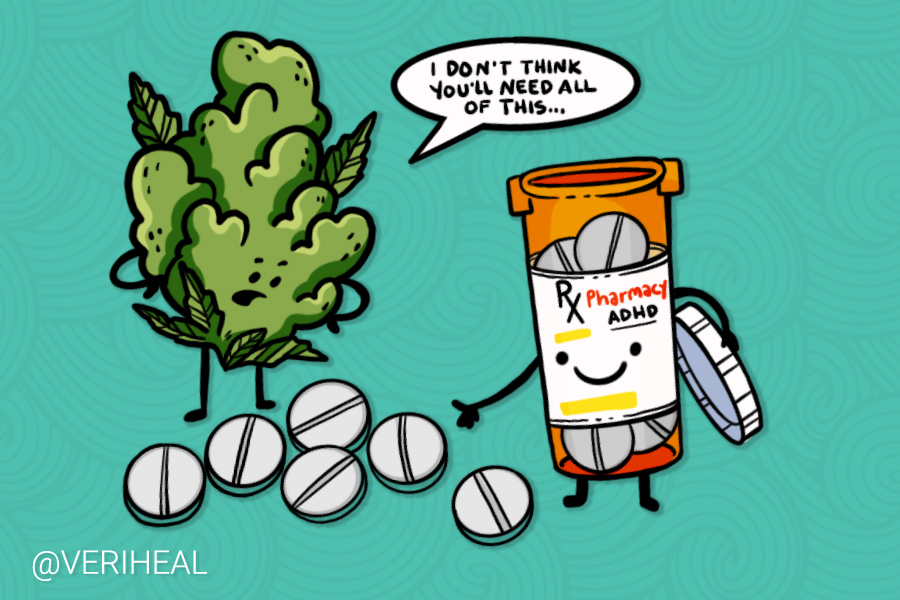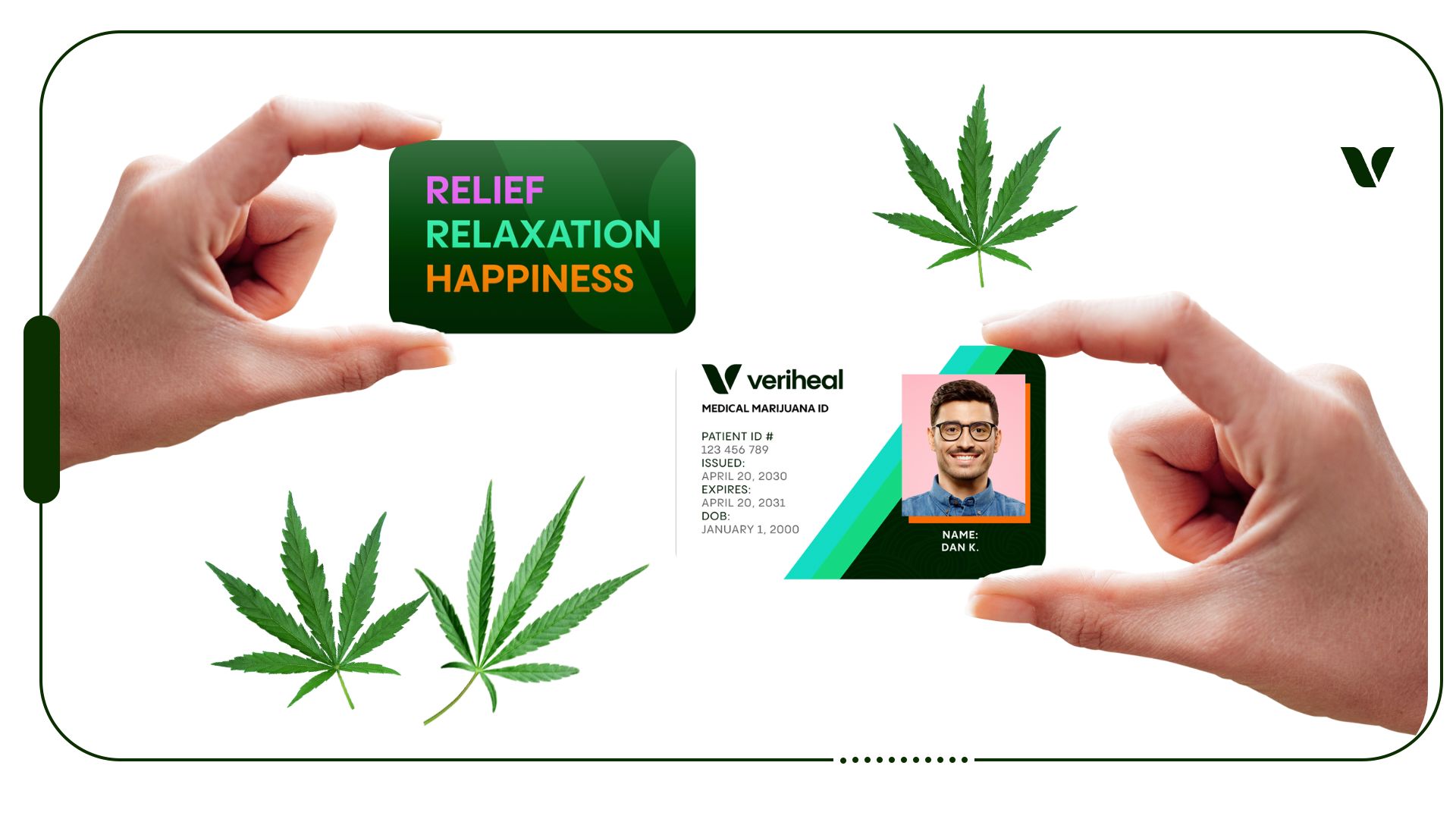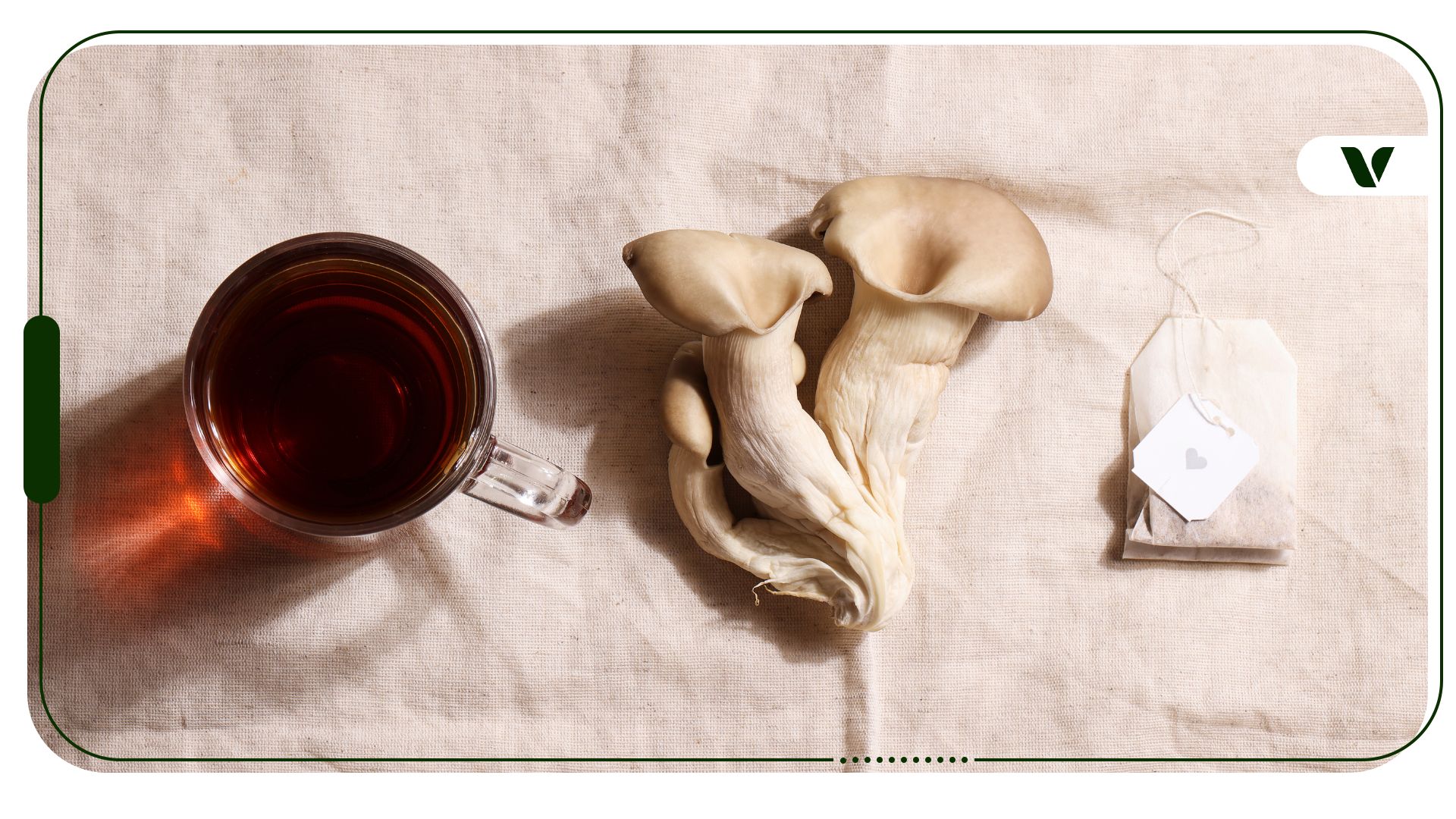Pharmaceutical drugs such as Ritalin, Concerta, and Adderall are often given to patients diagnosed with attention-deficit/hyperactivity disorder (ADHD). The consumption of these pharmaceutical drugs has altering side effects creating a bigger demand for a more effective and less taxing medical solution. A new study done in Israel has displayed how cannabis consumption can improve symptoms of ADHD and reduce the need for pharmaceutical (conventional) medications.
The adverse effects of conventional medication for ADHD students range from mild to severe depending on the dosage and the individual. These adverse effects may go away as the body becomes accustomed to the medication, but chances are that some will not. Understanding the adverse effects of these pharmaceutical medications is important in order to open up the minds of individuals towards a better alternative which can be cannabis.
Adverse Side Effects of Pharmaceutical Drugs for ADHD:
- Headaches.
- Stomach aches.
- A decrease in appetite.
- Weight loss.
- Sleep problems.
- Increased blood pressure.
- Dizziness.
- Negative rebounding when the medication wears off. This can include irritability.
- Moodiness and irritability.
- Nervousness.
- Tics such as repetitive movements or making sounds like clicking a pen.
- Personality changes such as appearing too serious, absent or unenthusiastic. Some ADHD patients even describe personality changes from the medication making them feel numb or mindless… like a zombie.
The study done in Israel, published by Rambam Maimonides medical journals, reported results that both of their dose groups reported lower levels of ADHD symptoms and an increased rate of stopping all consumption of pharmaceutical medications for ADHD. The study had two dose groups, a low range of 20-35 grams and a high range of 40-70 grams. This same study found a correlation between having lowered anxiety levels from cannabis causing them to also experience lower rates of ADHD symptoms.
Common Symptoms of ADHD:
- Impulsiveness.
- Disorganization.
- Problems with prioritizing.
- Poor time management skills.
- Trouble with multitasking.
- Problems with focusing on a task.
- Excessive activity or restlessness.
- High intolerance for frustration.
- Mood Swings.
- Problems with following through and completing tasks.
- Short temper fuse.
- Struggling to cope with stress.
The study by Israel confirms results from an earlier study published in the European Neuropsychopharmacology journal. This earlier study was a placebo-controlled experimental study where the participants were randomly treated with a product called Sativex or with a placebo. Sativex has a ration of 1:1 for THC to CBD and the study results found an improvement in hyperactivity and impulsivity of ADHD patients.
Although both studies would recommend that more research is to be done, findings already suggest that higher consumption of phytochemical-rich cannabis, such as Cannabinol (CBN), is linked to the reduction in pharmaceutical consumption and improvement symptoms.
How Cannabis Can Help:
- Reduces anxiety and stress.
- Reduces hyperactivity.
- Stimulates Appetite.
- Assists with sleep.
- Can offer the tunnel vision effect, which is improving the ability to focus.
- Offers minimal side-effects.
- Reduces feelings of aggression and lengthening temper fuse.
We agree with the published studies… there needs to be more research done. There is hope that the reports of these studies will encourage more research to be done for cannabis as a treatment for ADHD. Pharmaceutical medication often ends up worsening the symptoms of ADHD while making the individual more zombie-like while under its’ influence. Cannabis provides hope for effective treatment without the side effects associated with conventional medications. Hopefully, ADHD can be added to more lists of conditions approved for cannabis therapy treatment around the world.
Author, Share & Comments








